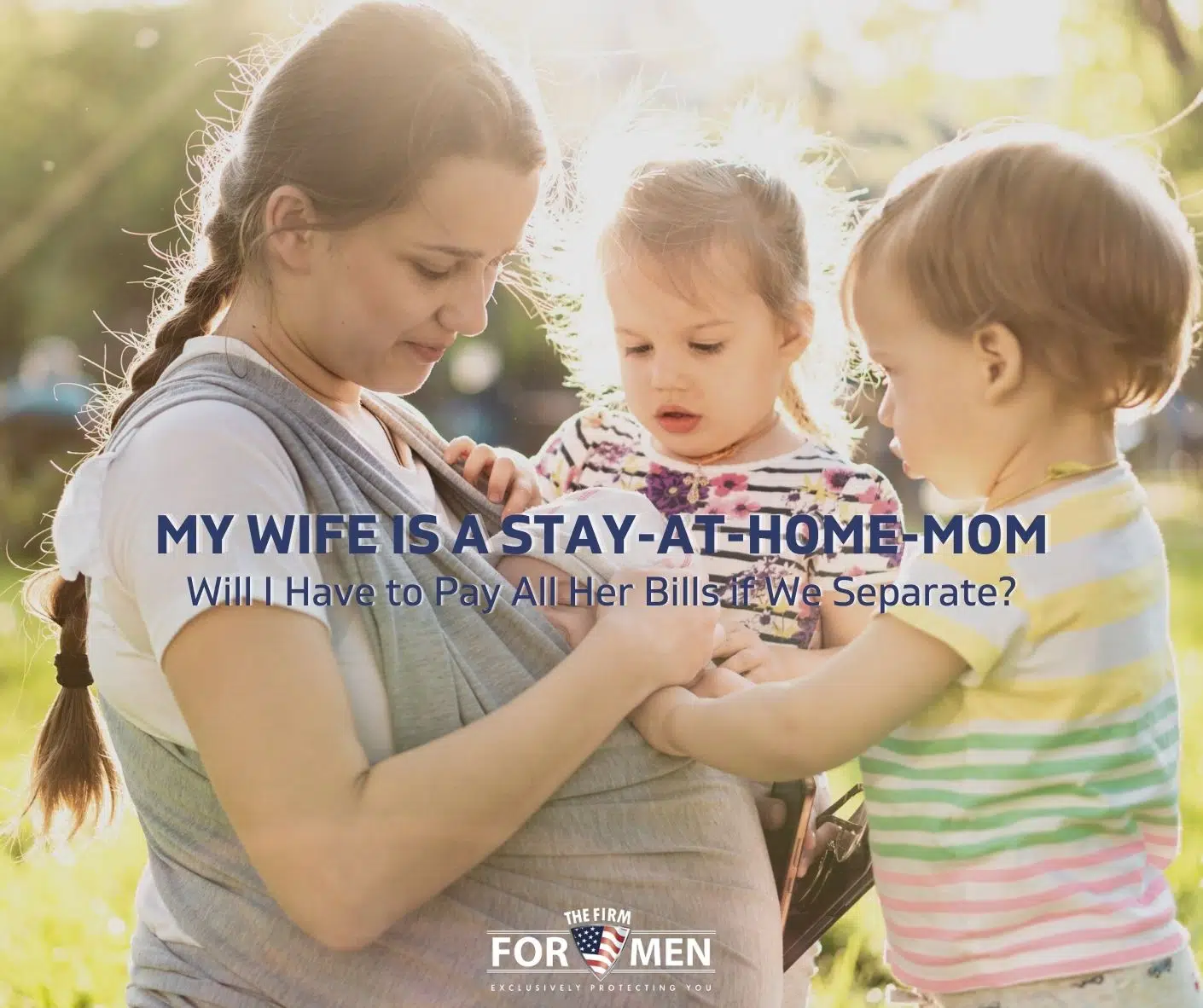Separation and divorce in Virginia are very, very old. The 1607 Jamestown colonists reported abandonment and divorce among the Native Americans they encountered, according to Encyclopedia Virginia1. The Powhatans recognized the need for each gender to contribute to daily life. Any disruption to that model needed quick remedies. Stay-at-home spouses still need support more than four centuries later.
Equitable Division of Marital Assets
Virginia supports equitable division of marital assets. The Commonwealth depends upon the wisdom of its Circuit Court judges to take all factors into consideration when awarding each spouse some portion of the total bundle of marital assets as part of a separation agreement.
(Property settlement agreements or separation agreements are the prelude to, and blueprints for, divorce.)
For property division, marital assets are distinct from separate property, as outlined in Code of Virginia § 20-107.3:
- Separate property is (i) all property, real and personal, acquired by either party before the marriage; (ii) all property acquired during the marriage by bequest, devise, descent, survivorship or gift from a source other than the other party …
- Marital property is (i) all property titled in the names of both parties, whether as joint tenants, tenants by the entirety or otherwise, …
- Hybrid property (part separate and part marital property) is a third category in which separate property assets are used to enhance or obtain marital property
In general, a Virginia judge returns to each spouse that spouse’s separate property and then divides the other two classes of property equitably between them. That “equitable” division can mean (as one example) the vacation home goes to you, the RVs and 60 percent of your retirement account goes to her, and she keeps the marital home but must buy you out of 50 percent of its value.
Property settlement is usually determined independent of income sources. That you paid for 90 percent of the RV is meaningless if your funds intermingled with her funds to buy the RV as a marital asset.
If she can contribute nothing financially, the presumption is that she still contributed to the marriage and to your prosperity in other ways (emotionally and sexually supporting you as the primary earner).
Spousal Maintenance and Support in Virginia
The rebuttable presumption in a Virginia marriage is that you two supported each other with a common goal of a happy, healthy marriage. Her contributions to the marriage as a stay-at-home mother were valuable:
- She bore and nurtured your children, the tangible evidence of your matrimonial bond
- She organized, cleaned, and maintained your marital home
- She provided practical advice and support for your decisions (financial, personal, career, and other choices you made over the course of the marriage)
- She sexually satisfied you so that you could be productive and aspirational in your career
- She handled myriad decisions and errands, from grocery shopping to daycare to summer camps and on and on
The longer your marriage, the more she contributed to your success. She is entitled to maintenance and support after separation and divorce. Don’t believe us? It is in the law, in § 20-107.1. A Virginia judge, in determining maintenance and support of spouses, can take all this into account:
In determining the nature, amount, and duration of an award pursuant to this section, the court shall consider the following:
- The obligations, needs and financial resources of the parties, including but not limited to income from all pension, profit sharing or retirement plans, of whatever nature;
- The standard of living established during the marriage;
- The duration of the marriage;
- The age and physical and mental condition of the parties and any special circumstances of the family;
- The extent to which the age, physical or mental condition or special circumstances of any child of the parties would make it appropriate that a party not seek employment outside of the home;
- The contributions, monetary and nonmonetary, of each party to the well-being of the family;
- The earning capacity, including the skills, education and training of the parties and the present employment opportunities for persons possessing such earning capacity;
- The opportunity for, ability of, and the time and costs involved for a party to acquire the appropriate education, training and employment to obtain the skills needed to enhance his earning ability;
- The decisions regarding employment, career, economics, education, and parenting arrangements made by the parties during the marriage and their effect on present and future earning potential, including the length of time one or both of the parties have been absent from the job market
She stayed at home and contributed to your success in many ways. In separation and divorce, your family law attorney will counsel you to expect to provide spousal support. The spousal support is:
- So that she can find her own footing
- So she may receive job-related training or education to make up for her years of decreased earning ability by staying home
- To maintain the standard of living you both enjoyed in marriage
Under Virginia law (and a sense of decency, to be honest), these are all reasonable justifications for spousal support. So, yes, you can be expected to pay at least some of her bills if you separate and divorce.
The Firm For Men focuses on representing Virginia’s men in all aspects of family law. Contact us today or telephone us at our Virginia Beach offices, (757) 383-9184, to ensure your rights, your financial security, and your future are all protected.
1. https://encyclopediavirginia.org/entries/divorce-in-early-virginia-indian-society/

